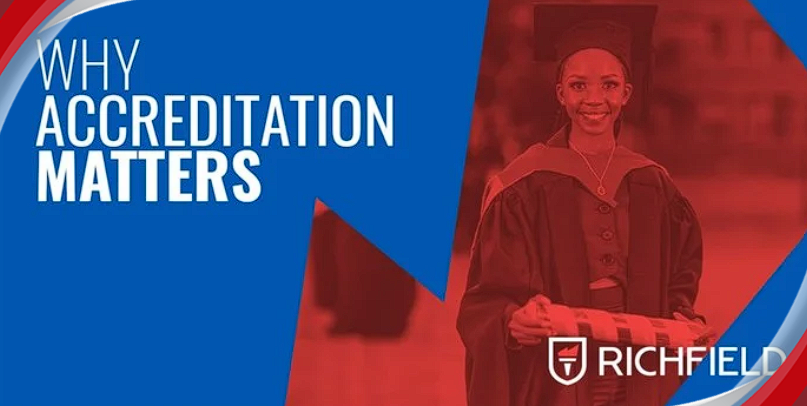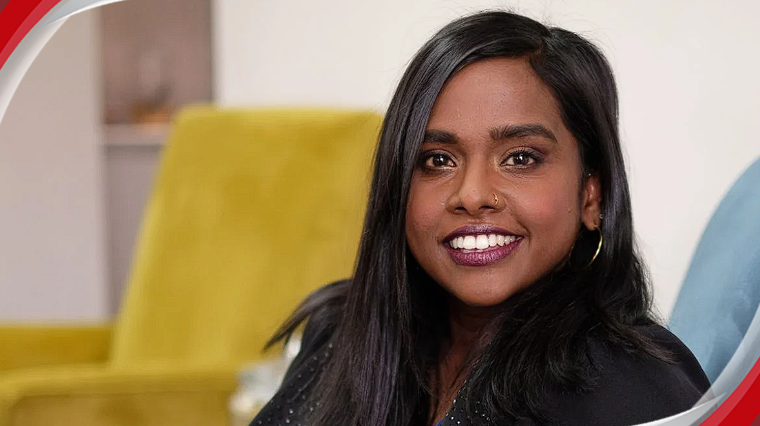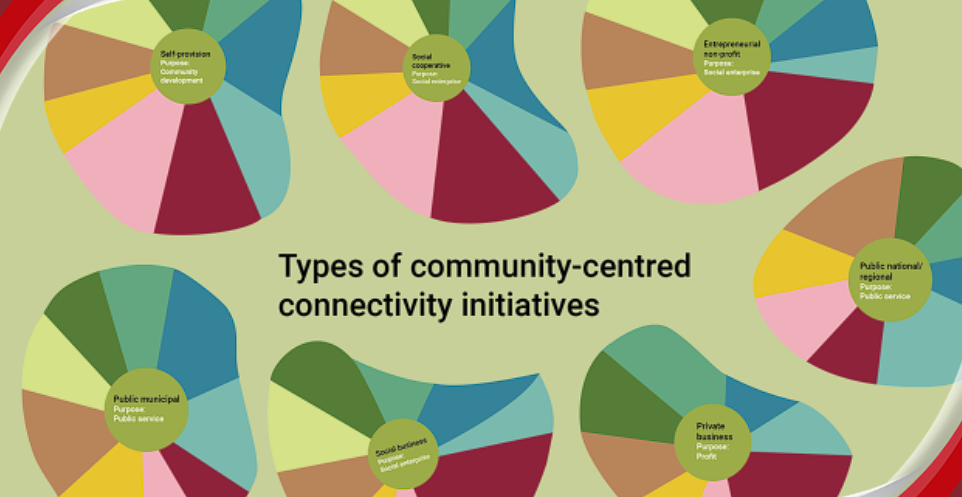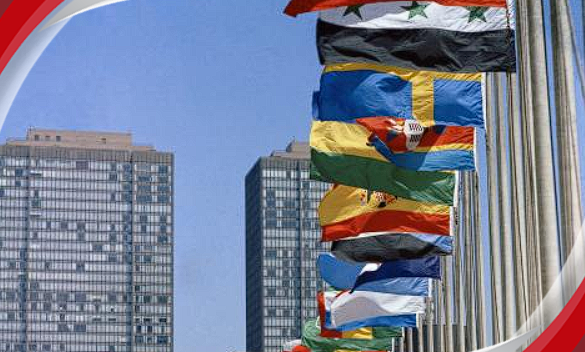Articles
Digital Dialogue: Exploring Digital Technology and Social Justice
-
3 months ago
The Digital Dialogue series has become a key platform for civil society organisations (CSOs) worldwide to discuss topics related to digital technology and its impact on civil society. The panel series promotes understanding and awareness of the complex intersections between digital technology and the work of CSOs, while exploring the specific challenges and solutions for civil society organisations. “Through a variety of discussions, this series offers a space to address some of the biggest challenges CSOs face today, promoting a more inclusive, ethical, and collaborative approach to civic technology,” says Wolfgang Jamann, Executive Director of the Centre.
Now in its fourth year, the Digital Dialogue audience is spread across the globe. In our last dialogue, our audience represented every continent except Antarctica. So far this year, we have seen over 1,300 registrations from a wide variety of international CSOs, local CSOs, academics, and other civil society actors regularly joining our monthly sessions.
As diverse as the topics and audience are the panellists, most of whom work in CSOs and academia. “We look for practical people who are at the same time firmly grounded in principles and values,” says Ryan Stanton, the Event Manager of the Centre. He is proud that every single panel is balanced in terms of gender and geographic origin.
The International Civil Society Centre partners with CTIN (Civic Tech Innovation Network), and Digital Dialogue is a collaboration between both organisations. The panels are held (almost) monthly, except for breaks in August and January, on the first Thursday of the month. Geci Karuri-Sebina of CTIN says, “Our objective is to offer inclusive and, at the same time, diverse perspectives from expert speakers from both the Global North and South to enrich the dialogue and give a complete view of global challenges and innovative solutions in civic tech.” This year, the theme for our panels has been social justice, and we are debating how digital technology advancements should serve the public good and not increase inequalities.
In February, the series started with a session on e-waste management, highlighting the urgent need for responsible consumption, recycling, and supporting the right to repair movement. This discussion stressed the importance of regulating production and adopting circular economy practices to address the growing problem of electronic waste.
March and April’s sessions focused on elections, democratic participation, and digital technology, with an emphasis on Africa. March’s session examined digital technology’s influence on participation and transparency, while April’s session discussed youth participation, tech platforms, and advocacy campaigns. These discussions showcased various tactics employed to influence elections, as well as advocacy campaigns and technological solutions aimed at encouraging people to actively participate in elections, thereby increasing their involvement in democracy.
In May, the focus was on protecting minority groups from digital targeting, particularly LGBTQ+ groups and individuals. This important session explored strategies to shield vulnerable communities from online threats and advocated for creating safe and inclusive digital environments.
June’s dialogue tackled the complex role of artificial intelligence in conflict situations. The discussion considered the ethical issues of using AI in conflict zones, such as the situation in the Occupied Palestinian Territories, particularly Gaza. The panellists weighed the potential benefits against the risks posed by these technologies.
July’s session focused on the ethics and accountability of civic tech development. This panel highlighted the responsibilities of developers and organisations to maintain ethical standards and stressed the need for accountability and protecting users from unethical tech practices.
In every Digital Dialogue session, we are committed to inclusivity and accessibility for all participants. Thanks to the support of Sightsavers and CBM Christian Blind Mission, we provide sign language interpretation and live captioning to ensure that the discussions are accessible to the deaf and hard of hearing community. At each session, there is one deaf and one hearing sign interpreter, working together to bridge communication and promote an inclusive dialogue. This initiative reflects our belief in creating a space where everyone can engage meaningfully, regardless of their hearing ability.
“The 2024 Digital Dialogue series by the International Civil Society Centre and Civic Tech Innovation Network continues to inspire CSOs through the complex relationship between technology and social justice,” says Nkosinathi Mcetywa of CTIN. The series offers valuable insights into the complex issues affecting CSOs. These discussions not only highlight the challenges but also point the way towards a more equitable and just technological future. The series also emphasises the importance of working together, showing how multi-stakeholder approaches can have a greater impact.
Join us in September for our next panel in the 2024 series, on 5 September 2024, at 4 pm CEST: Can technology help address global food security challenges?
You can find information on past sessions and catch up on previous panels here. Are there any topics you would like to see covered in a future Digital Dialogue, let us know!
Related Articles Posts
Categories
Popular Post
-
 SA’s IT spend to outpace GDP growth 1 year ago
SA’s IT spend to outpace GDP growth 1 year ago -
 Vodacom, Netstar launch free in-taxi Wi-... 1 year ago
Vodacom, Netstar launch free in-taxi Wi-... 1 year ago -
 South Africa under pressure to fill cybe... 1 year ago
South Africa under pressure to fill cybe... 1 year ago -
 Organisations with a strong employee val... 1 year ago
Organisations with a strong employee val... 1 year ago -
 Joint policy-in-action event highlights... 1 year ago
Joint policy-in-action event highlights... 1 year ago -
 Boost your digital transformation journe... 1 year ago
Boost your digital transformation journe... 1 year ago








